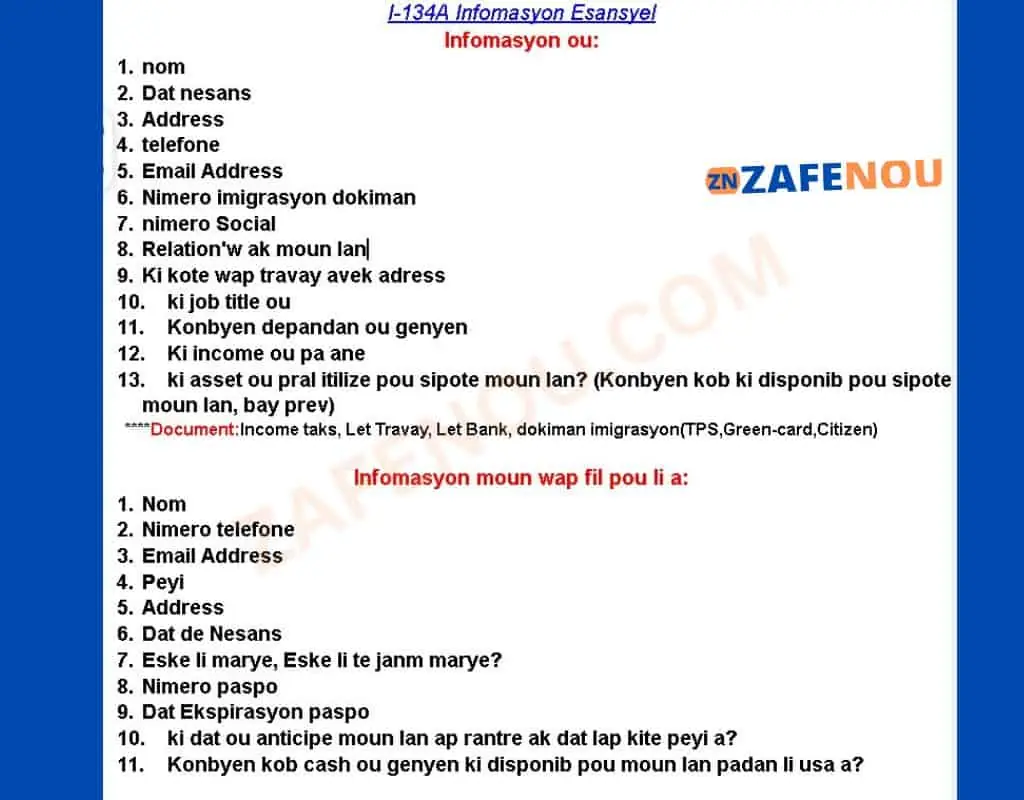Yes, the US provides financial assistance to Haiti, offering support to address urgent humanitarian needs. This aid includes medical support, food assistance, and initiatives to prevent and respond to gender-based violence.
The US government is committed to aiding Haiti’s long-term development and institution building, as well as addressing economic challenges and promoting stability and accountability. Recently, the US pledged an additional $65 million in aid to enhance the capacity of Haiti’s police force and ensure security, with the goal of dismantling gangs.
This assistance serves as a crucial support system for Haiti, demonstrating the ongoing dedication of the US to help the nation overcome challenges and progress toward sustainable development.
Historical Overview of US Aid to Haiti

The historical overview of US aid to Haiti reveals a complex and impactful relationship between the two nations. Over the years, the United States has remained committed to supporting Haiti through various forms of assistance.
The assistance provided by the United States has been channeled towards humanitarian aid, recovery programs, and food assistance, demonstrating a long-term commitment to the well-being of the Haitian people.
Additionally, the US has pledged substantial financial support to bolster the capacity of the Haitian police, aiming to address critical security challenges. This assistance reflects the foreign policy priorities of the United States, as it seeks to support the Haitian government in addressing pressing issues such as gang violence and security threats.
The Biden Administration, in particular, has underscored the importance of this support, emphasizing the need for sustained collaboration and aid to Haiti.
Types of Financial Assistance Provided

Financial assistance provided to Haiti by the United States includes humanitarian aid, recovery programs, and food assistance, demonstrating a sustained commitment to the well-being of the Haitian people.
The United States Agency for International Development (USAID) has allocated $56.5 million to address urgent humanitarian needs and the cholera epidemic in Haiti, providing medical supplies, safe water access, and health facility operations.
Additionally, USAID is distributing urgent food assistance to alleviate hunger and food insecurity for 4.7 million people in Haiti. This financial assistance also supports gender-based violence prevention and response services, prioritizing the most vulnerable groups.
In total, USAID has provided over $228 million in humanitarian assistance and recovery programs, emphasizing partnerships with local organizations and promoting responsive and accountable governance.
The United States’ financial aid to Haiti exemplifies a commitment to post-disaster relief and sustainable development.
Impact of US Aid on Haiti’s Development

How has US aid impacted Haiti’s development?
The United States has played a significant role in Haiti’s development through various forms of assistance, including humanitarian aid, economic support, and political engagement.
USAID’s additional funding of $56.5 million has addressed urgent humanitarian needs, such as the cholera epidemic, benefiting over 868,800 people with medical supplies, safe water access, and health facility operations. This assistance has been crucial in bolstering health infrastructure and addressing immediate food needs, supporting vulnerable groups, and preventing gender-based violence.
Furthermore, USAID’s commitment to advancing responsive and accountable governance and promoting citizen engagement emphasizes long-term development and institution building in Haiti.
The impact of US aid on Haiti’s development extends beyond immediate relief, contributing to the country’s overall well-being and sustainable progress through partnerships with local organizations and the Government of Haiti.
Criticisms and Controversies Surrounding US Aid

Despite providing significant aid to Haiti, there have been persistent criticisms and controversies surrounding the impact of US assistance on the country’s development.
The United States has been a major contributor to Haiti’s aid, and yet concerns have been raised about the effectiveness of this assistance.
Issues such as mismanagement, corruption, and the perpetuation of dependency have hindered the positive impact of US aid on Haiti’s development.
Furthermore, the involvement of the United States in Haiti’s internal affairs has sparked controversies, especially in relation to the Temporary Protected Status (TPS) and support for Haitian National Police, amidst civil unrest and government instability under Jovenel Moïse’s administration.
The Haitian diaspora and international development organizations have also criticized the US aid, questioning its impact and the allocation of the billions of dollars earmarked for assistance.
Future Prospects for US-Haiti Financial Relations

The United States will continue to assess and strengthen its financial relations with Haiti, aiming to promote sustainable development and support the country’s economic growth. This strategy involves providing humanitarian assistance, improving access to democratic governance, and fostering stability.
The US has committed over $5.1 billion for post-disaster relief, recovery, and development in Haiti, focusing on areas such as health, education, and agricultural development. Additionally, the US is exploring partnerships with local organizations to advance responsive and accountable governance.
Future prospects for US-Haiti financial relations also include support for law enforcement and critical infrastructure security, with a focus on strengthening specialized units. Furthermore, the US plans to offer Temporary Protected Status (TPS) to Haitian nationals residing in the United States.
These initiatives demonstrate the United States’ ongoing commitment to supporting Haiti’s development and stability through robust financial relations.



